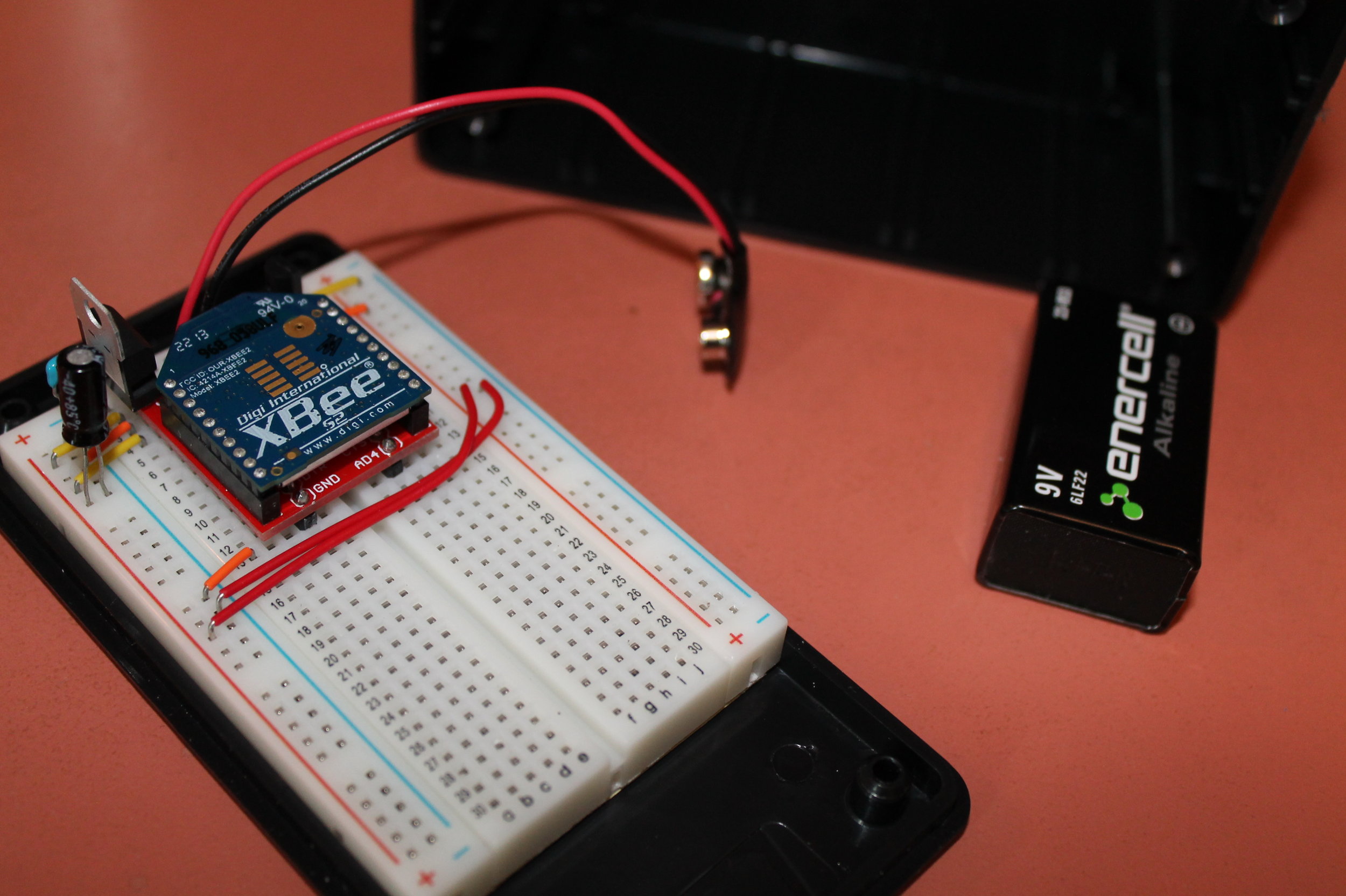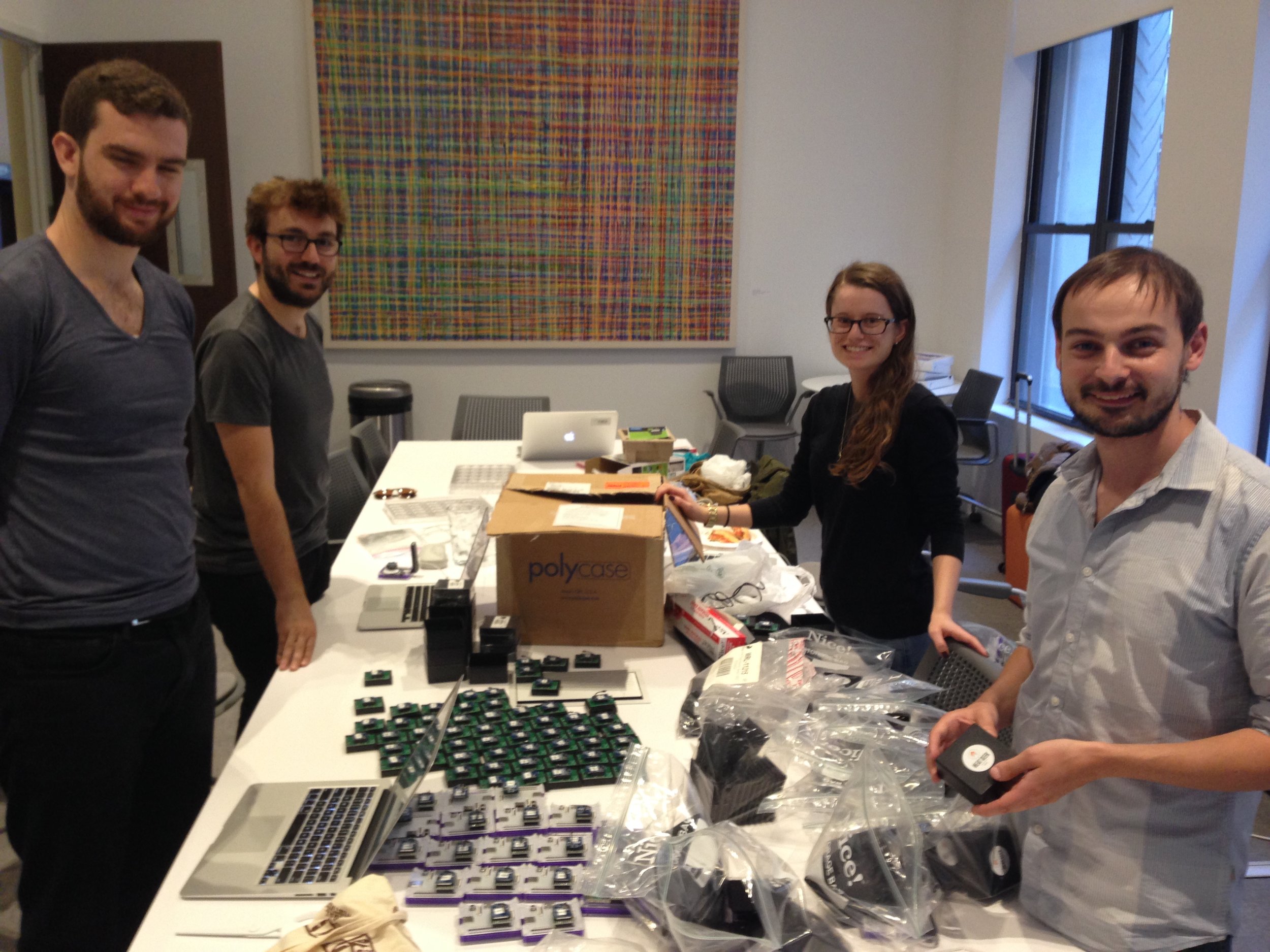Loraine wasn’t going to stop until she and her neighbors got what was right. Thankfully, now they can stop, because with Heat Seek's help, they won!
It’s not a story we hear all the time: of tenants forming a coalition strong enough to beat the landlord at every turn, securing that which should have been theirs all along: a safe home for their families. Often, there are just too many pitfalls: the landlord wins in Housing Court, tenants get intimated by the landlord’s actions, the city declares the building uninhabitable, and more. Thankfully, for Loraine and her neighbors in a small building in the heart of Flatbush, they combined lots of diligent work with skilled support, fearless grit, and a little luck.
Heat Seek began working in Loraine’s building last winter, when the temperatures were some of our coldest in the city: entire days in the low 60s, with the only heat coming when the city inspector showed up. After the season, we wondered why our organizing partners hadn’t initiated a group case in Housing Court or tried another landlord strategy. This season, though, we learned that sometimes the win comes a little later than we had hoped--and with a more enduring effect.
“This winter, I’d call the super to let him know our heat was low, and he’d immediately turn it on,” Loraine told Heat Seek. This was the same super who, in previous years, had refused to provide service to Loraine and the other long-time tenants, insisting that they call the management company instead. To what was this change attributed?
“They knew about the sensors this year. They knew they were being watched.”
It’s a powerful testimony to Heat Seek’s impact for some tenants, recognizing that not all landlords are deterred by this monitoring and not all tenants want their landlord to know they have a sensor. Many landlords can abuse and harass tenants so effectively because it often takes place in the shadows: confrontations at a tenant’s door, cold temperatures except when the inspector visits, lengthy construction times meant to make life miserable for the building’s longtime residents. Thankfully, Heat Seek’s sensors are able to monitor landlord behavior, in real time and around the clock.
But the heat in Loraine’s building is also a testament to the ongoing work of the building’s tenant association and the support of their organizers at Flatbush Tenant Coalition. These tenants have endured the worst of landlord tactics aimed to drive out these long-time, rent-regulated tenants and bring in market-rate tenants.
After an ownership change twelve years ago, the building started to deteriorate. “You could see the basement through the holes in my floor,” Loraine says, reporting persistent leaks and pervasive mold, damaged stairs, and a front door with no lock. After Loraine and her neighbors discovered that everyone was living in horrible conditions, they resolved to take action to get what they deserved. Letters to the landlord proved ineffective, so they escalated their efforts and showed up in front of the landlord’s mansion in a gated community, where the neighbors didn’t take kindly to this public shaming.
Even after the repairs were made, however, the landlord made it clear not only that they didn’t want these tenants living there--but they sought to prevent any future tenants “like them” from renting apartments. “The landlord told a group of us one night that they didn’t want any Black people or people with children to rent there anymore,” Loraine tells Heat Seek. “They were trying to intimate us, so we fought back.” The tenants sought out the assistance of the Fair Housing Justice Center, which deployed testers to apply to an open rental in the building. The white and Asian applicants were approved; the Black and Latinx folks denied, which resulted in fines over $200,000.
Despite these illegal rental practices, tenant harassment, and willful neglect, the landlord continues to buy up properties in Flatbush, a neighborhood that is rapidly gentrifying. Living in the neighborhood that Loraine and her husband love so much, with family and friends from their home countries of Grenada and Trinidad, is becoming prohibitively expensive, especially as more rent-regulated units are converted to market rate.
Loraine and her neighbors keep fighting, and Heat Seek is proud to support their longtime work, alongside our partner, Flatbush Tenant Coalition. “Heat Seek is an amazing tool, an amazing program,” Loraine tells us in a recent interview. “I hope for you all next year that you have more monitors in more buildings.”
We do, too, Loraine. We do, too.
To support our work with tenants like Loraine, click here.






